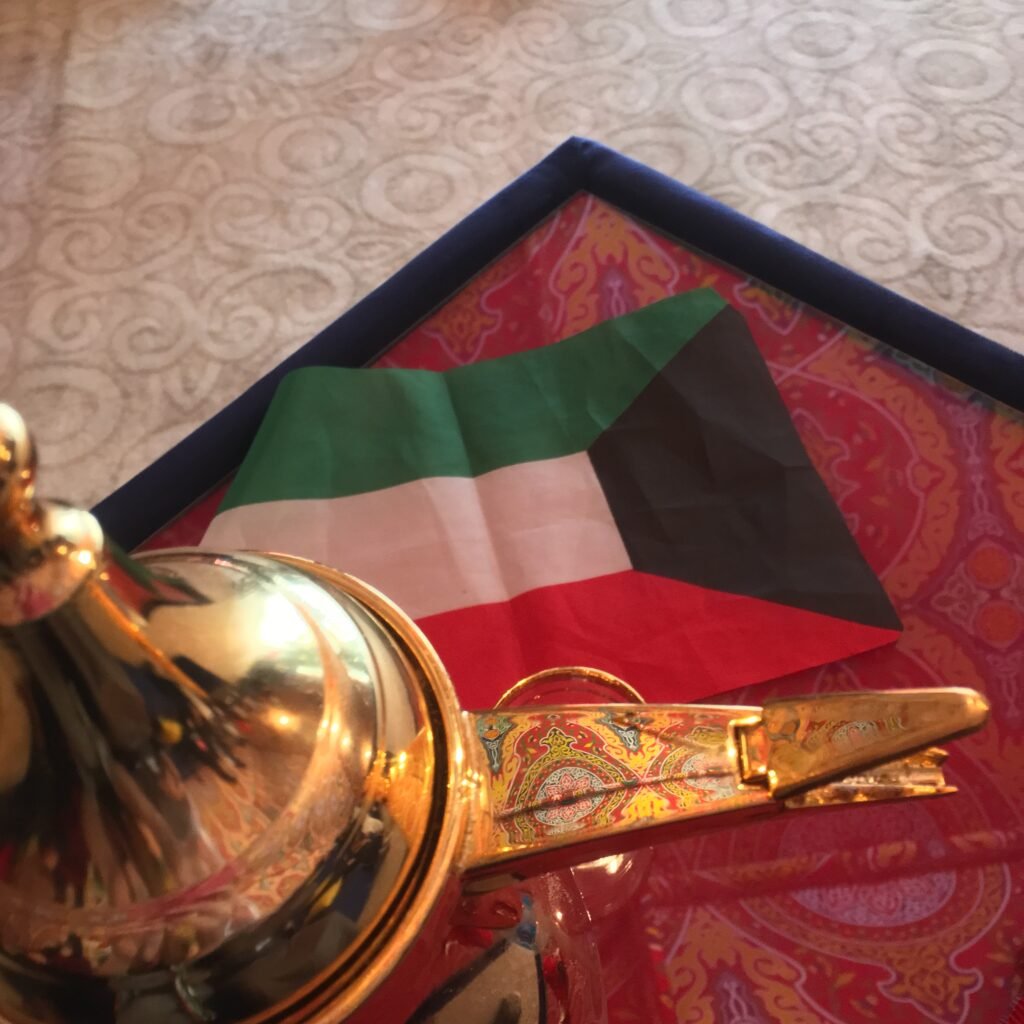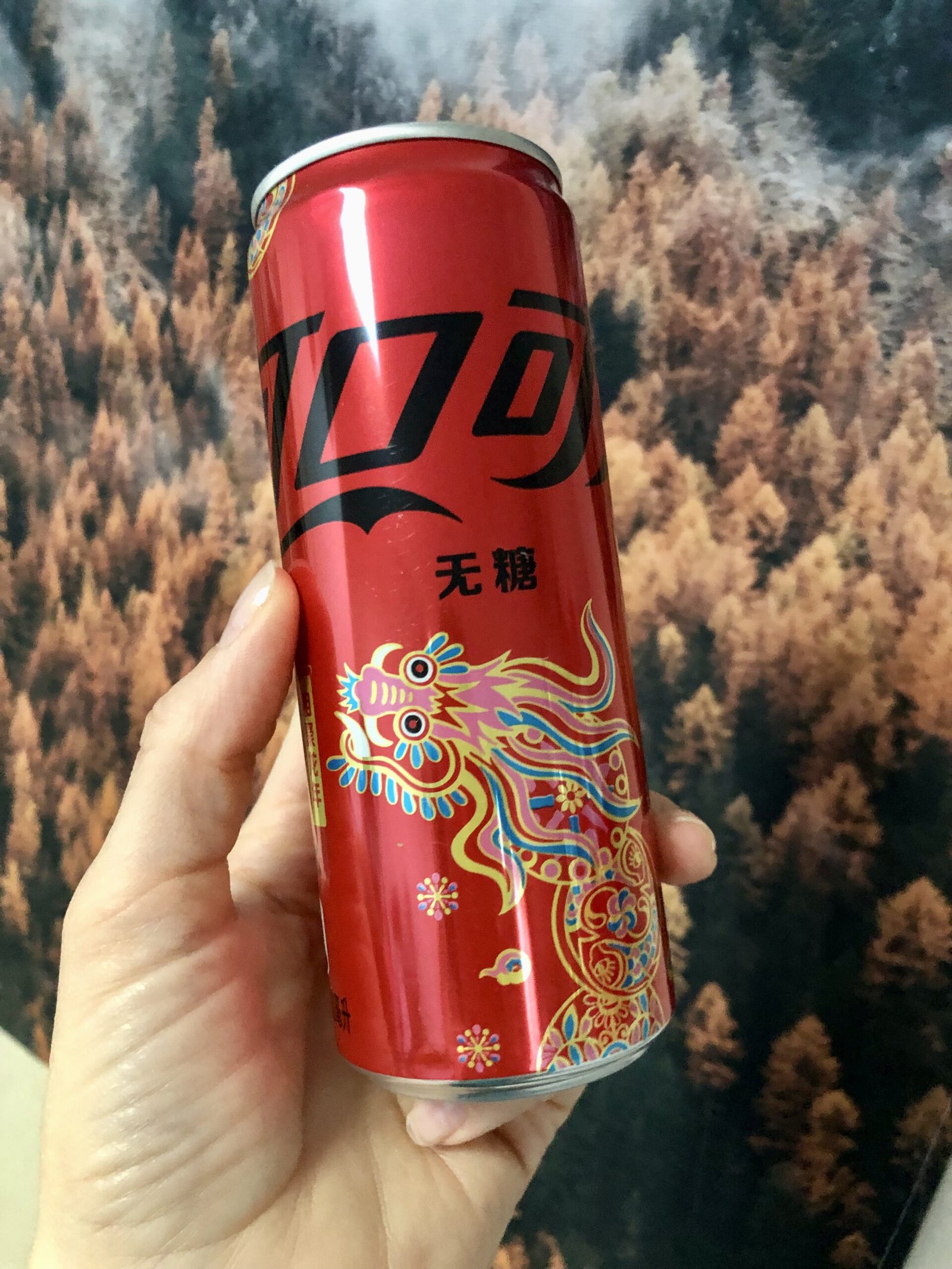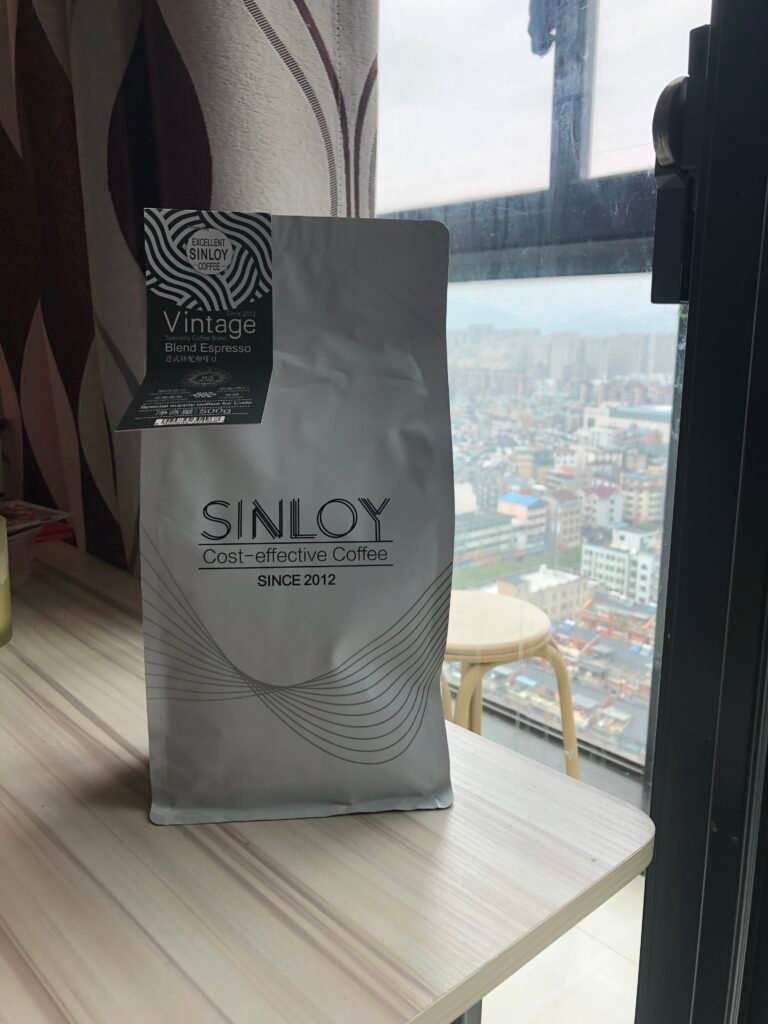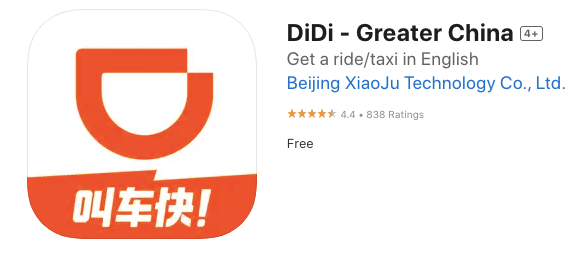🔗 Links may earn an affiliate income, at no cost to you!
🔗 Links to other pages are shown in bold, not underlined.

In 2021, I came across the book The Culture Map by Erin Meyer, and it rocked my world. To be frank, it also helped me understand my relationships with Chinese colleagues and friends, and it further drove home the differences between soft power, small talk and true intimacy.
What I find interesting is that nearly every culture has a word for “networking,” the lame label used in the US. “Nepo baby” is catchier but doesn’t capture it completely. Regardless, in English, the bland term refers to the idea that one can find opportunities and succeed in life and business by connecting in informal atmospheres with those in related spheres. More negatively, it refers to the fact that many opportunities in life depend more on the people you know that what you know; i.e., your cultural cache, web of influence, or ability to wield favors from others in a way that gets you what you want in the business world. If you are born into wealth and “people who know people,” you are more likely to move in circles of great power and influence. But what is this idea called in other places?
First Up: Networking in the Middle East

The bulk of my experience abroad has been in China and Kuwait, so I’l focus on those. To be direct: wasta–واسِطة in Arabic–is the term for “networking” in the Kuwait and many countries whose primary language is Arabic. Defined in the West somewhat cynically in some contexts and in more neutral manners in others, the most salient aspect in my career as a teacher was how some children were permitted to stay in certain schools despite horrendous behavior due to who their parents were.
Before that, though, I became aware of the term via whispers among my new coworkers. While alcohol is strictly forbidden in Kuwait (unlike the UAE, Qatar and Bahrain, where it is allowed in certain contexts), wealthy, well-connected residents enjoy it freely–albeit discreetly. Meanwhile, Filipino distributors of bootlegged alcohol are often imprisoned and deported since they’re actively discriminated against and definitely lack wasta.
Some schools are also owned and run by individuals with high-level political connections, which also affords certain protections to individuals in their employ. Such individuals live in lovely buildings owned or leased by leaders whose wasta offers some assurance that these buildings won’t be bothered by police when their residents hold pool parties and partake of less-than-halal drinks… or so I’ve been told.
Anyhow, I took wasta with me in the form of an adorable mug by The Glue, a cute company in Kuwait that also makes mugs that talk about books. “Got Wasta?” is, of course, a cheeky take on “Got milk?” and a nod to this aspect of Arabic culture, and became a lasting way to remember this particular term. I gave it to a family member and kept the mug that talks about books to use myself. It’s sitting behind me as I write this in Beijing.

Speaking of… on to China’s word for networking!
In China: Guanxi
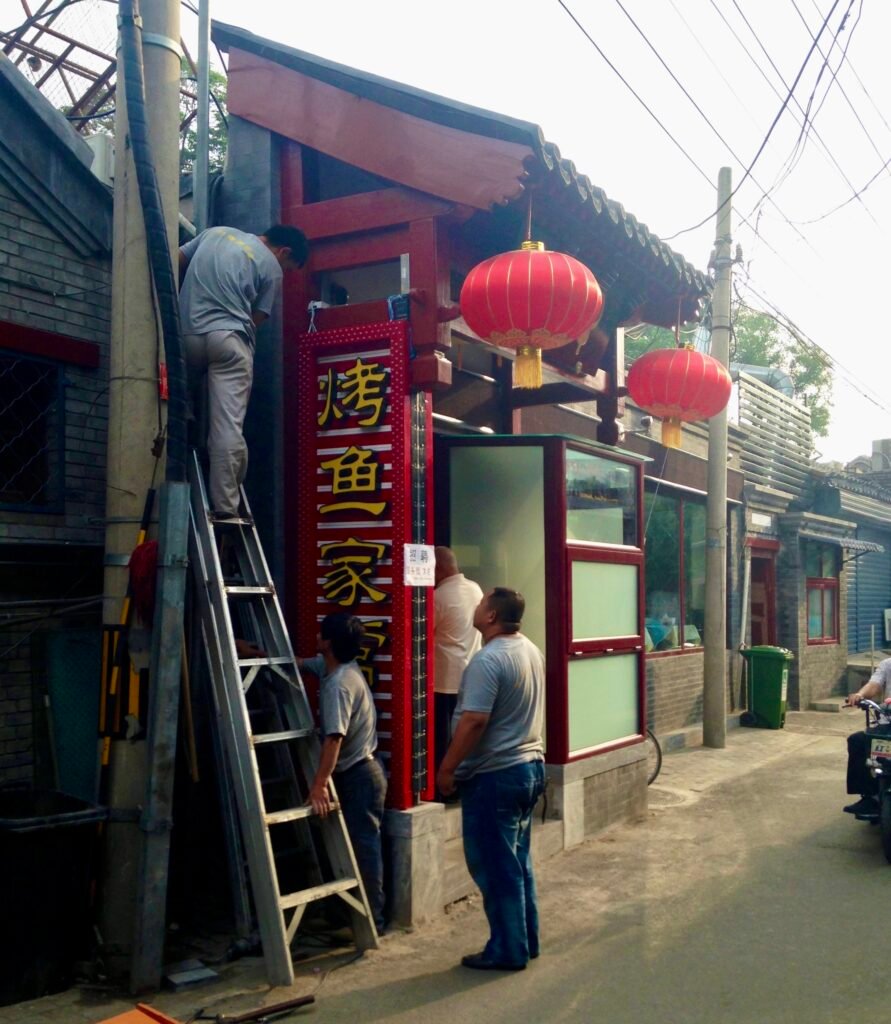
According to Investopedia, “guanxi” (关系) is “not just to the existence of relationships but to their nature: to having personal trust and a strong relationship.” The way that it varies from the US and the Middle East, in my experience, parallels this idea.
One idea that comes up in Meyer’s book, The Culture Map, is how people from the US will strike up conversations with strangers in public, yet also maintain a bit more space between their private and professional lives at work. Laws against asking questions about one’s income, marital status and hobbies naturally complement this practice, while in China, such frank conversations are common.
I will admit to a bit of bewilderment about this, as Chinese coworkers often asked me these things, but I would know them for a long time before often learning that they had a spouse or kids. That said, I rarely asked whether they had these, and as The Culture Map mentions in the very first chapter, this matters in communication in China, where people are often very polite and don’t offer information until asked.
When women at work in my group of friends got engaged, however, I was quickly informed, and my lack of proficiency in Chinese undoubtedly played a part.
Most foreigners with passing ability in Chinese will have the experience of a cabbie or Didi driver asking whether they are married, what their jobs are and how much money they make. At first, such inquiries can seem brash, but after six years here, they’re no longer a surprise. There is a raw energy to the way that Chinese people engage, a frankness that obliterates ideas of political correctness in the West and makes it rather easy to communicate without fear of offending coworkers. The only times one must be tactful is, of course, when it comes to issues of Chinese autonomy and reach over disputed regions.
That said, I have operated largely in the field of education, and less in that of business. There, it does seem extremely important to curry favor and actively nurture relationships with influential individuals, but so far as I can tell, it parallels the way that US business works.
Beyond business, guanxi extends to family relationships. During the Chinese New Year, children are granted coveted hongbaos, red envelopes filled with money. You can give virtual hong baos on WeChat to show your appreciation for good service. Recently-married couples also receive the same. Later, however, newlyweds are expected to give money back to relatives in equal measure.
Likewise, when you go out to eat in China, the custom is to fight over who will pay for the (entire) meal. The person who doesn’t manage to pay is meant to protest loudly before, eventually, conceding defeat–and the next time, the roles are reversed.
The long-term effect is a kind of generous humility that gets passed back and forth between families and friends, and I don’t think it’s a bad thing! Rather, it appears to give those more in need a hand up when they need it, and later on, they are, too expected to contribute. (China’s incredibly high savings rate might have something to do with this!)
Of course, there is always a dark side to human nature, and such relationships can be wielded for control and harm, just as in other cultures. But I hardly think that guanxi or wasta are uniquely capable of that; rather, such terms are their own way of expressing a reality true the world over: relationships lead to access; no man is an island; and perhaps, for the lazy introvert like me, getting out there and communicating with people has a purpose, however much of a hassle.
We are, after all, communal beings, and there is nothing wrong with that.

So, got wasta? Guanxi? Or just a desire to connect? Have at it!
I think I’ll make this a weekly post. I enjoy exploring language in new contexts, and while it may not always be a term with an equivalent in English, it will often be just that. Regardless, I hope this little lesson helped, whatever corner of the world you come from!
If you’re not from the places that I’ve already mentioned, what is the word for “networking,” guanxi or wasta in your country? Do tell!
🗞️ Want notified about future posts? Click here to sign up for notifications, and receive a Quick Reference Guide to China free, too!





